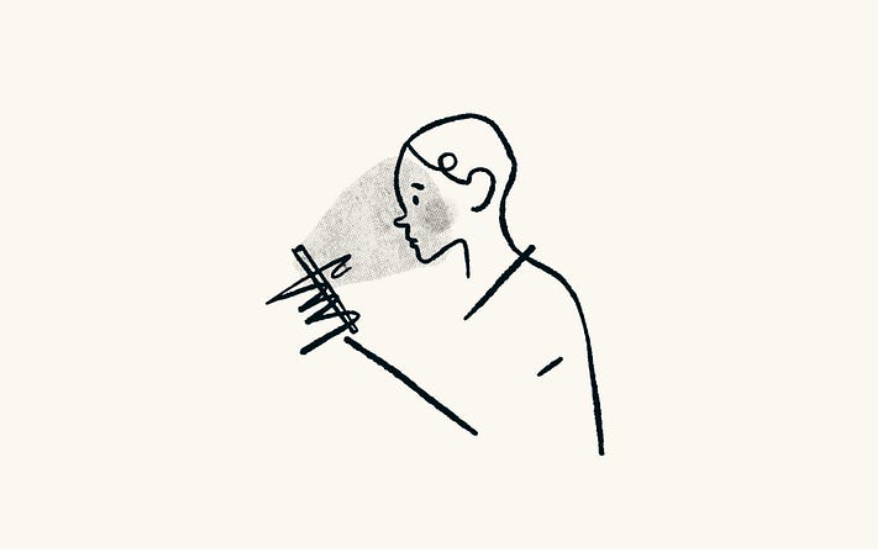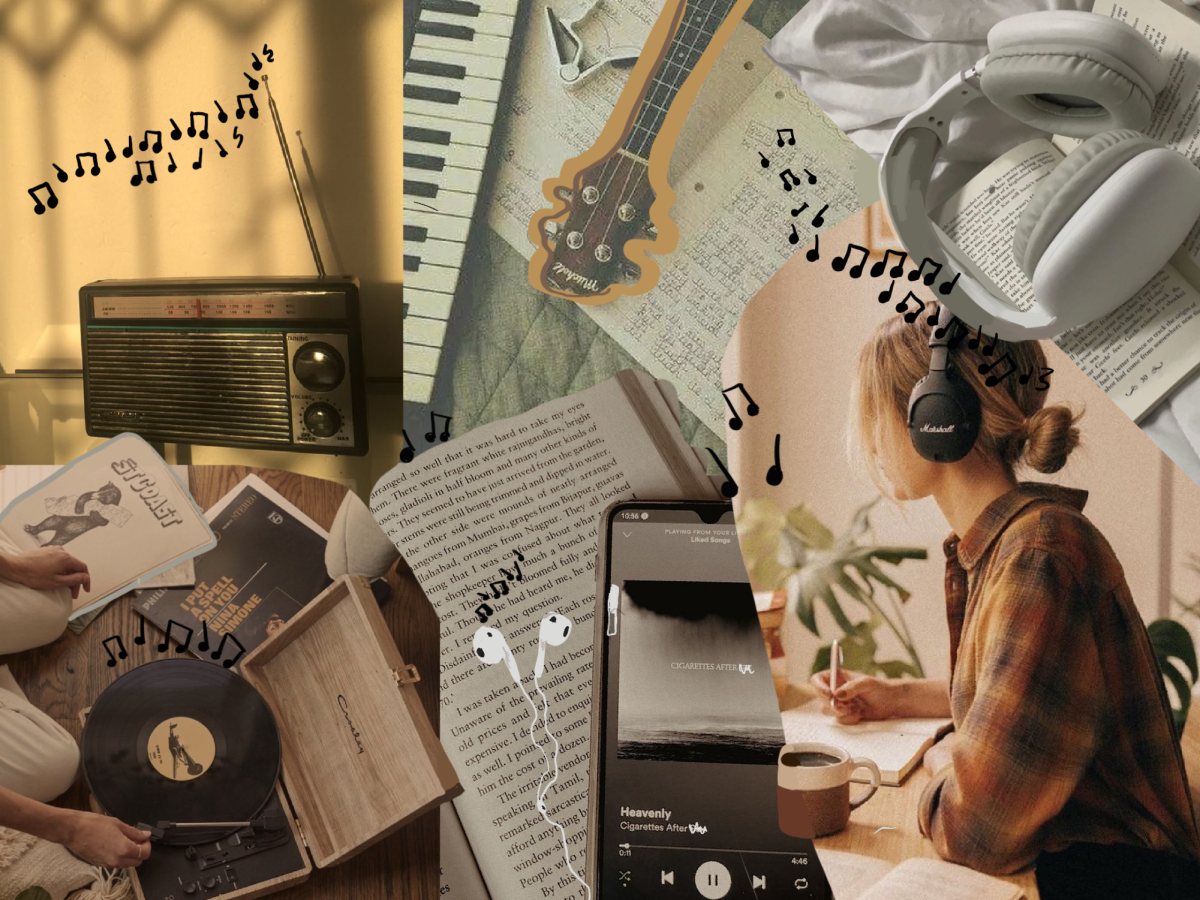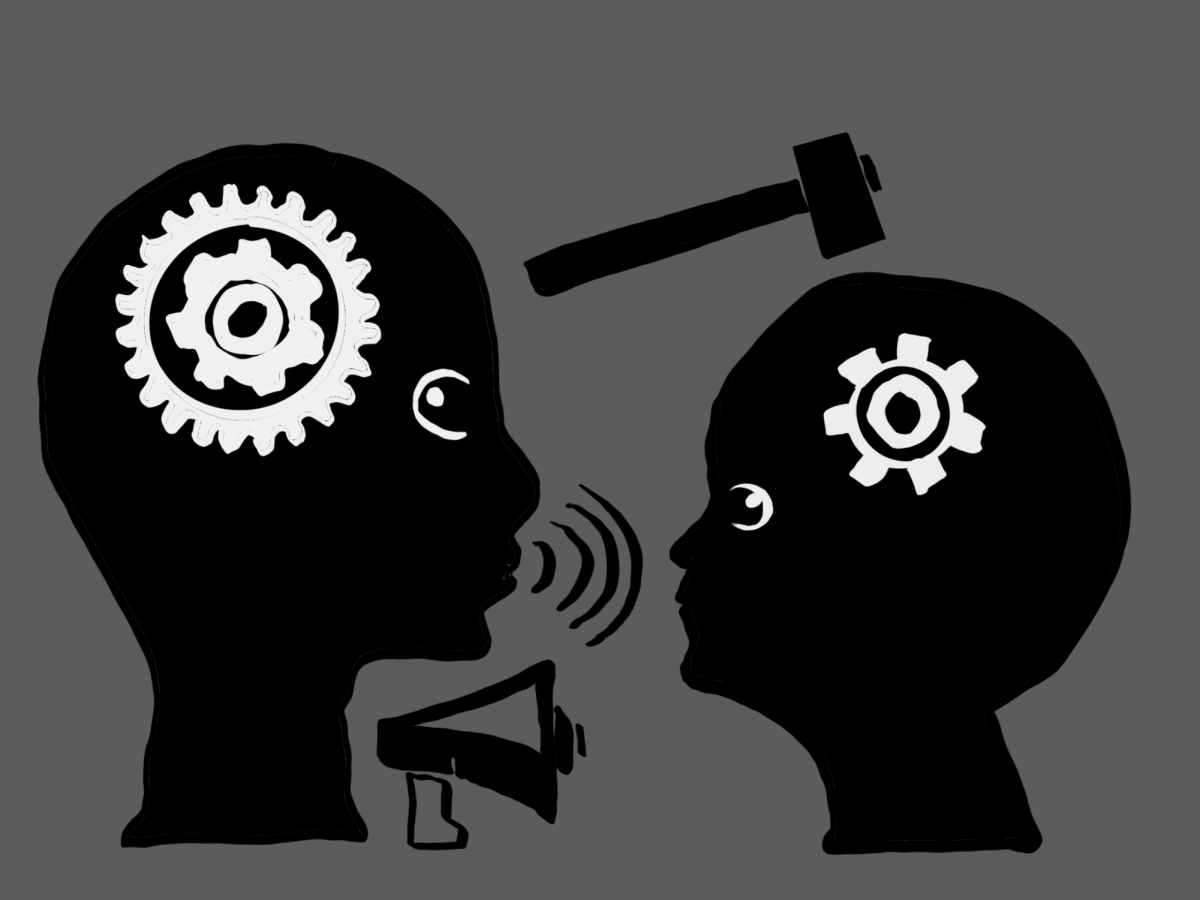Thanks to the false reality created by social media, it is nearly impossible to not compare yourself to online figures and influencers. Apps such as TikTok, Instagram and Snapchat enrich users’ lives by creating online personalities that exaggerate and romanticize normal people and experiences. By glorifying unrealistic norms on social media, age groups of young vulnerable users have fallen victim to the deep rabbit hole of endless scrolling and comparing.
No one is immune to the inevitable comparison between real life and what is portrayed on social media. Although it has always been emphasized that nothing we see online is real, we consume enough content on a daily basis to break down the influence of this reminder and fall into the trap of comparison. Through the effects of filters, photoshop, lighting, angles and makeup, pictures and videos posted online are not as they appear behind the screen. People create “highlight reels” online that only showcases their best moments to create a perception of a life that they do not have. For example, think about the last time you had someone take pictures of you with the intention to post one of them to a social media platform. Once the photos are taken, you sort through the bad ones and select the few that you want to edit and ultimately post. Even after you think you have found the best picture, you still zoom in on different areas to make sure it is perfect before you share it with the world to see. The photo is posted, and you immediately receive an abundance of likes and comments from your followers. What they do not see, however, is the hundreds of pictures you deleted that were not flattering, the editing and filters you applied and the close examination of every angle of the picture before you hit upload. The meticulous process of posting is a commonly shared habit among users. Before you look at someone online and begin to make comparisons to their looks, their attitude or their life as a whole, remember that they too followed the same steps in finding a picture that they felt was worthy of showing off.
Comparison itself is not necessarily the issue—comparison is present in all aspects of life whether it is a friend having clearer skin than you, a teammate being more athletic or a classmate getting better grades. Even in face to face comparisons, we can never know for sure how someone feels about themselves or what is going on in their heads. Comparison is amplified through the lens of social media, however, since the majority of people we see happen to be online depending on how long we spend consuming content. Comparing yourself to others is a game you cannot and will never win. It is a never ending cycle that can dismantle your self-esteem and self-worth if you are not actively aware of its negative impacts. Therefore, it is crucial to limit your screen time and remain conscious that social media is not an accurate representation of its users’ lives, whether you are struggling with self-esteem or not.









